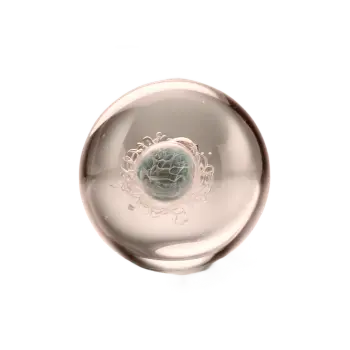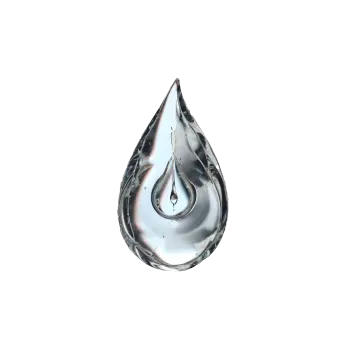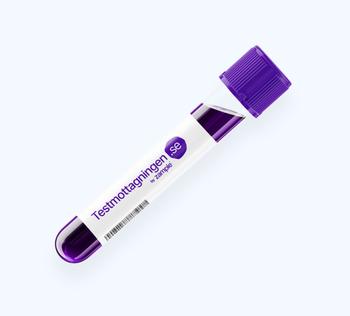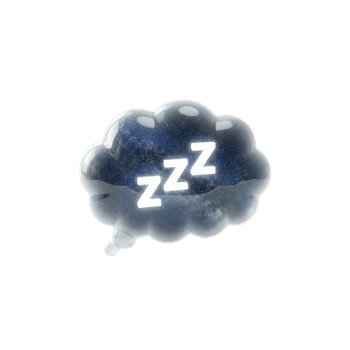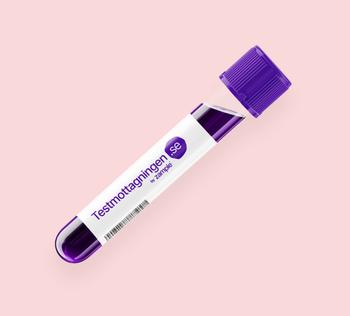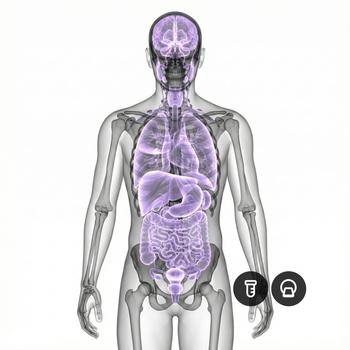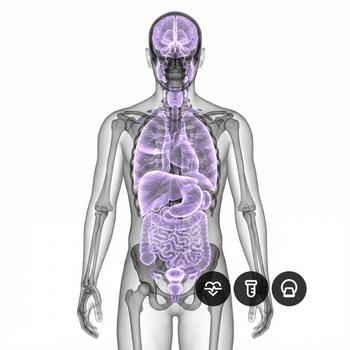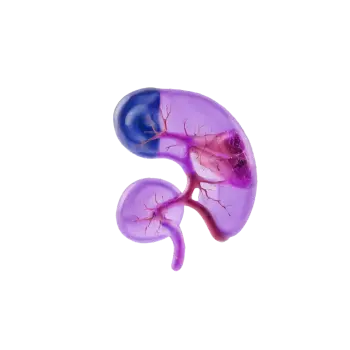What is sodium?
Sodium is a mineral that is important for several functions in the body. Partly, it is important for the acid-base balance and the water and salt balance in the body. It is also important for the normal functioning of the nerves and for the uptake of glucose and certain amino acids.
The level of sodium in the blood is controlled through an interaction between the heart, brain, kidneys and adrenal glands. The fluid balance is regulated in the kidneys, which are controlled by hormones from the adrenal glands and the pituitary gland in the brain.
Sodium in diet
Sodium is found in the food you eat such as meat, fish and grains and you usually get enough through it. Common table salt consists of sodium chloride. Most adults consume too much salt through food.
Why is sodium analysed?
Analysis is done to see the balance between salt and fluid in the blood and whether it has changed. Samples are also taken if heart disease or kidney disease is suspected.
What can a low value of sodium mean?
Decreased values occur in cases of vomiting, diarrhoea, peritonitis, irritable bowel syndrome, burns, treatment of certain medicines such as e.g. diuretics, diabetes, Addison's disease, kidney failure and SIADH.
What can an elevated value of sodium mean?
Increased levels can be seen in reduced excretion of sodium that occurs in heart failure, liver cirrhosis and kidney failure, increased fluid losses, sodium supply (intravenous infusion), Conn's syndrome, Cushing's disease and in the case of lack of water supply.
Daily intake of sodium
Most adults ingest too much salt today and we therefore need to reduce their intake, the goal is for the population to get down to 6 grams of salt per day, which corresponds to 2.4 grams of sodium per day. The goal of 6 grams of salt per day is mainly due to the effect of salt on blood pressure.
Sodium deficiency
It is unusual to be deficient in sodium, but an acute deficiency can occur with profuse sweating or prolonged stomach upset.
High intake of sodium
High blood pressure can be caused by too much sodium (salt) and this in turn can lead to an increased risk of other conditions such as heart failure, stroke and damage to the kidneys.
Symptoms of reduced kidney function
The symptoms of chronic kidney failure, or chronic kidney failure, develop slowly. They can only appear when kidney function becomes so impaired that waste products begin to accumulate in the blood, then they can express themselves like this:
- loss of appetite
- nausea
- vomiting
- fatigue
- itching
- impaired muscle power.






















